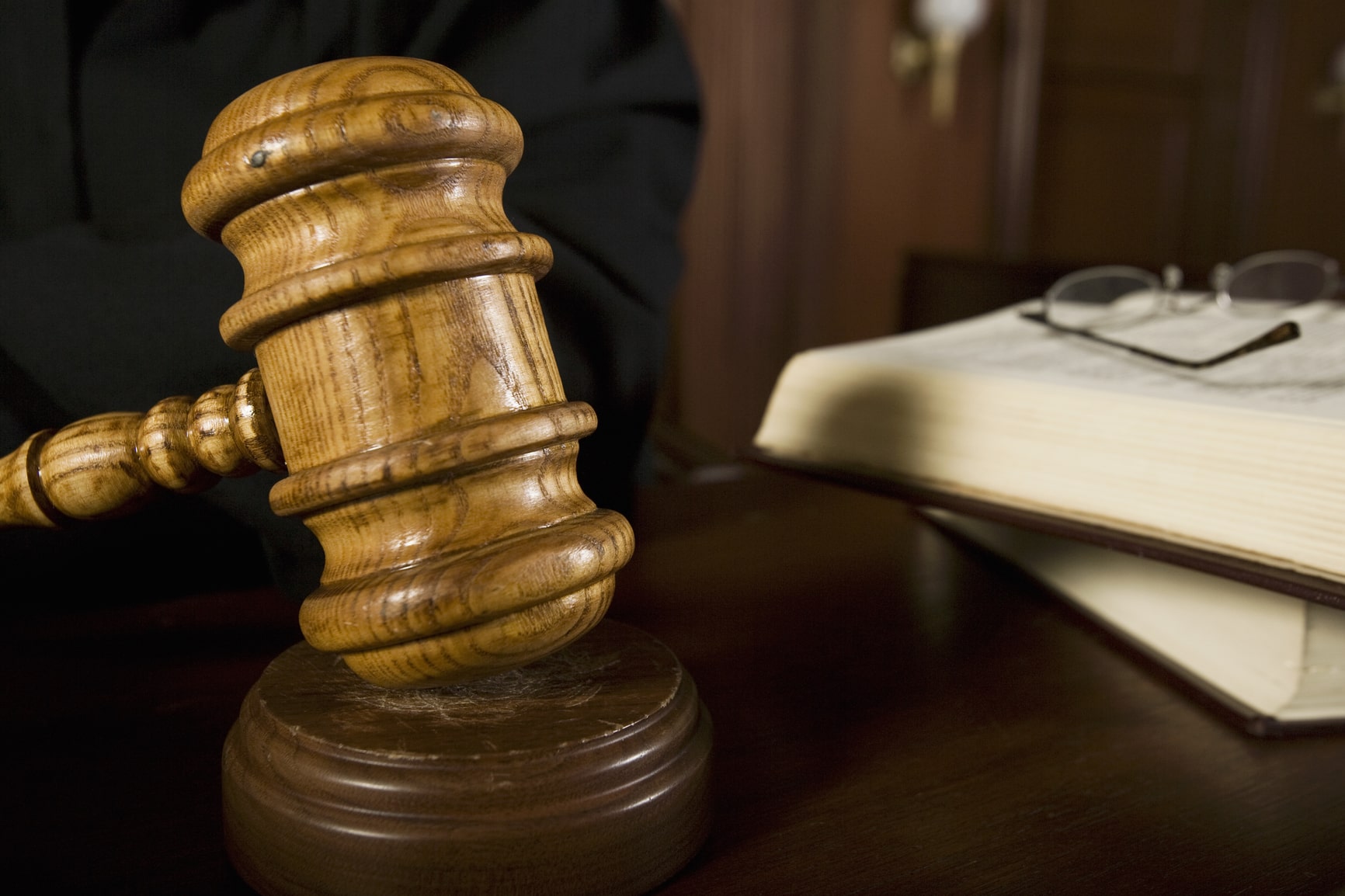In the age of social media and instant communication, the issue of defamation of character has become increasingly prevalent. Defamation occurs when someone makes false statements about another person that harm their reputation. In civil law, defamation is considered a tort, and individuals who believe they have been defamed have the right to seek legal remedies for the harm caused. In this blog post, we’ll explore the basics of defamation law, including its elements, defenses, and potential consequences.
Defamation Law
Basics Defamation law is a branch of civil law that protects individuals from false and harmful statements made about them by others. To prove defamation, the plaintiff must typically establish four elements:
- Publication: The false statement must have been communicated to a third party. This can include spoken statements (slander) or written statements (libel), as well as statements made online or through social media.
- Falsity: The statement must be false. Truth is generally considered a complete defense to defamation claims.
- Harm: The false statement must have caused harm to the plaintiff’s reputation. This harm can be demonstrated through evidence of damage to the plaintiff’s reputation, emotional distress, or financial losses.
- Fault: Depending on the jurisdiction, the plaintiff may need to prove that the defendant acted with some level of fault or negligence in making the false statement. In some cases, the plaintiff may need to demonstrate that the defendant acted with actual malice, meaning they knew the statement was false or acted with reckless disregard for its truth or falsity.
Defamation Defenses
While defamation law provides protection for individuals against false and harmful statements, there are several defenses that defendants may raise to defeat a defamation claim:
- Truth: As mentioned earlier, truth is generally considered a complete defense to defamation claims. If the defendant can prove that the statement at issue is true, they cannot be held liable for defamation.
- Opinion: Statements of opinion are generally protected by the First Amendment and cannot form the basis of a defamation claim. However, statements presented as facts or based on false implications may still be actionable.
- Privilege: Certain statements may be protected by privilege, meaning that they are immune from defamation liability even if they are false. For example, statements made in court proceedings or legislative debates are typically protected by absolute privilege, while statements made in the course of employment or in the public interest may be protected by qualified privilege.
- Consent: If the plaintiff consented to the publication of the allegedly defamatory statement, they may be barred from bringing a defamation claim.
- Statute of Limitations: Defamation claims are subject to statutes of limitations, which limit the time within which a plaintiff can bring a claim. Once the statute of limitations has expired, the plaintiff may be barred from pursuing legal action.
Remedies For Defamation
If a plaintiff successfully proves defamation, they may be entitled to various remedies designed to compensate them for the harm caused and to deter future defamation. These remedies may include:
- Compensatory Damages: Compensatory damages are intended to compensate the plaintiff for the harm caused by the defamation. This can include damages for loss of reputation, emotional distress, and financial losses.
- Punitive Damages: In cases where the defendant’s conduct was particularly egregious or malicious, the court may award punitive damages in addition to compensatory damages. Punitive damages are designed to punish the defendant and deter similar conduct in the future.
- Injunctive Relief: In some cases, the plaintiff may seek injunctive relief to prevent further publication of the defamatory statements.
- Retraction or Correction: In some jurisdictions, defendants may have the opportunity to retract or correct the defamatory statements, which can mitigate damages or serve as a defense in some cases.
Defamation of character is a serious legal issue that can have significant consequences for both plaintiffs and defendants. Understanding the basics of defamation law, including its elements, defenses, and potential remedies, is essential for protecting individual rights and ensuring accountability for harmful conduct. By respecting the rights of others and exercising caution when making statements about others, individuals can help to prevent defamation and promote a culture of honesty and integrity in communication.
Thank you to our friends, the accident lawyers at Brandy Austin Law Firm, for the above blog.

